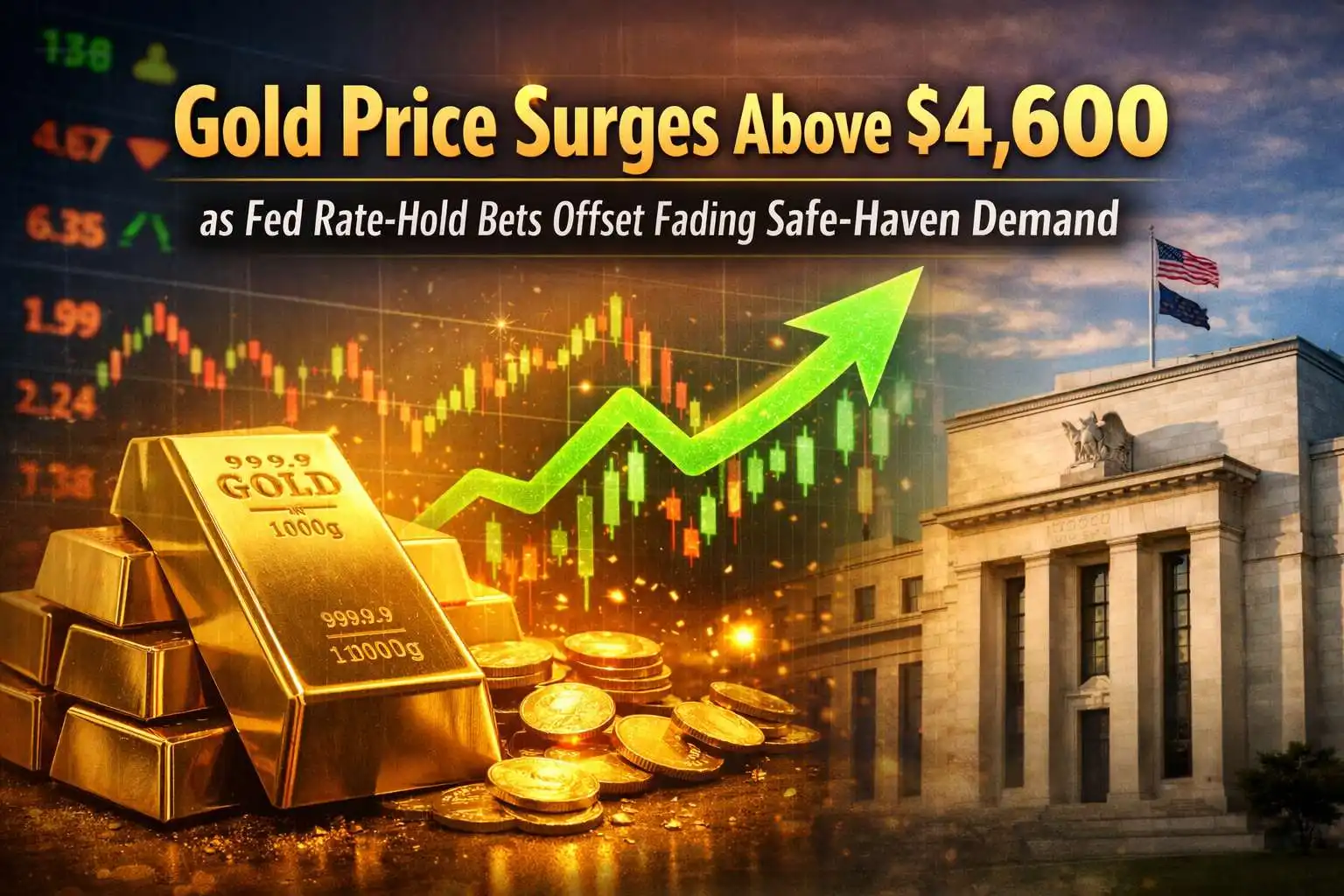Abstract:The exchange rate of the South Korean won in 2025 is expected to be highly uncertain, influenced primarily by the dual challenges of economic slowdown and political instability.

The Bank of Korea has clearly indicated that, due to an unclear economic outlook, it expects to further lower interest rates in 2025 to address slowing growth and inflationary pressures.
In December 2024, the won saw a sharp depreciation against the U.S. dollar, falling by 5.2% for the month, marking the largest drop in 22 months. This coincided with increased domestic political uncertainty, which triggered fluctuations in investor sentiment and further exacerbated the won's depreciation. The volatility heightened concerns about the future of South Korea's economy, especially due to instability in government and economic policy.

The Bank of Korea remains cautious about the economic outlook, anticipating greater pressure on growth in 2025. To stimulate economic activity, the central bank has already lowered interest rates and may continue easing monetary policy to alleviate the downward economic pressure. The central bank governor has emphasized that due to political uncertainty and the external economic environment, monetary policy will be more flexible moving forward. Additionally, the Bank of Korea will closely monitor U.S. economic policies and geopolitical risks, taking necessary measures to stabilize the financial markets if needed.
For the won's exchange rate, several factors will continue to play a role. First, changes in South Korea's trade environment, particularly global market competition and export performance, will directly affect forex market fluctuations. Secondly, the U.S. Federal Reserve's interest rate policies, global economic uncertainties, and domestic political instability in South Korea could further weaken the won. In late 2024, the won briefly dropped below 1480 per dollar, hitting a 16-year low. If political risks persist, the won could face even greater downward pressure, potentially falling below 1500 per dollar.
Overall, the future trajectory of the won will remain highly uncertain in 2025. Investors should keep a close eye on the Bank of Korea‘s interest rate policies, global economic developments, and the evolving political situation in South Korea, as these factors are likely to significantly impact the won’s exchange rate in the coming months. Should political risks and economic pressures intensify, the won could continue to weaken.











